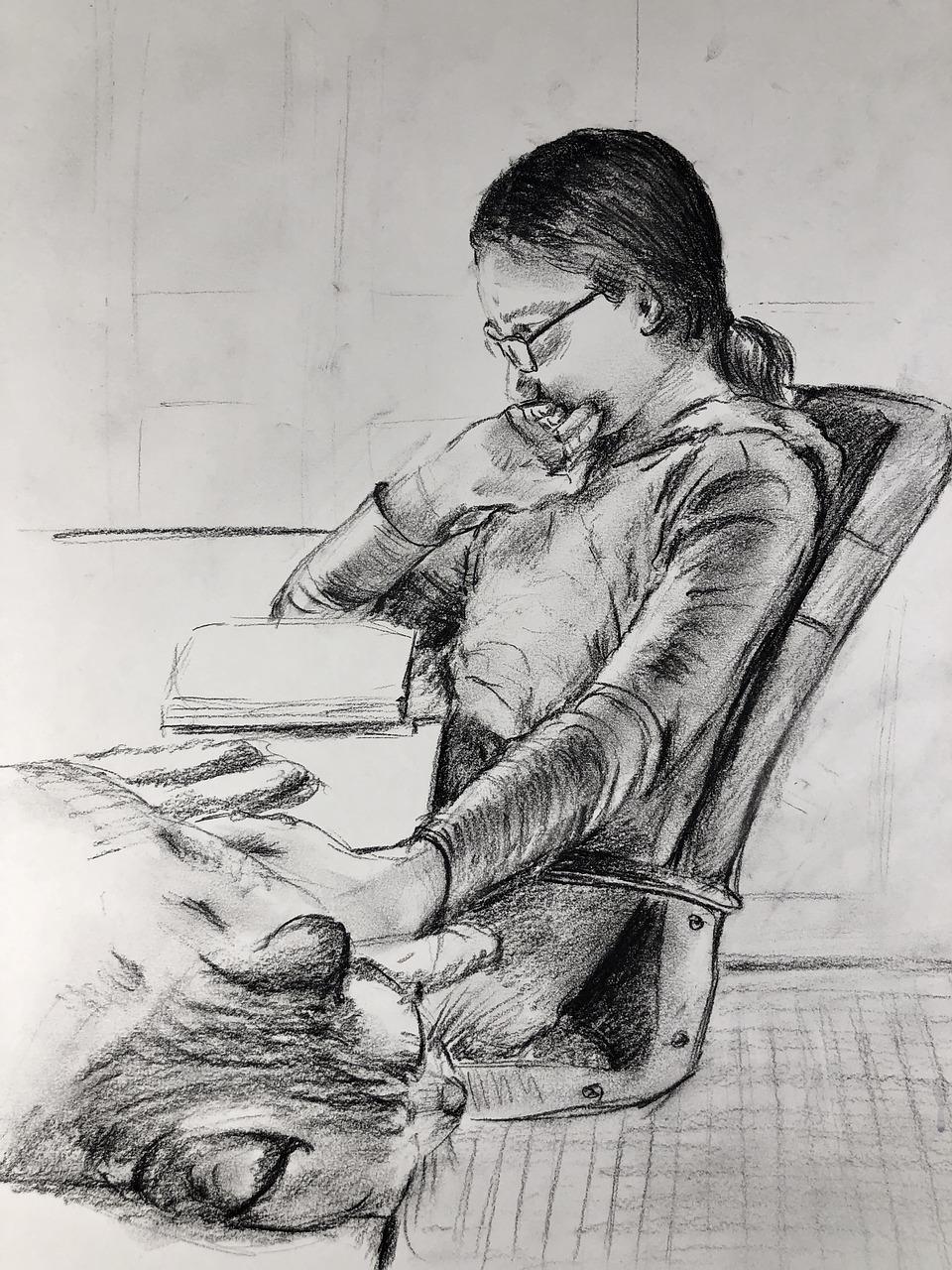Amelia Carter, an avid reader with a deep passion for books, was shocked to hear that their beloved library had been forbidden from carrying banned books. As someone who valued freedom of expression and the power of literature, this news deeply troubled Amelia.
The library had always been a haven for Amelia—a place where they could explore new worlds, encounter diverse perspectives, and learn from the wisdom of authors both past and present. The idea that certain books were now prohibited within its walls seemed inconceivable and contrary to the very essence of what a library should stand for.
Unable to sit idly by, Amelia decided to take action. They joined forces with other concerned members of the community, forming a grassroots movement advocating for intellectual freedom and the reinstatement of banned books in the library's collection. They organized petitions, held peaceful demonstrations, and reached out to local media to shed light on the issue.
Amelia and their group found support from educators, writers, and many other individuals who understood the importance of unrestricted access to knowledge. They highlighted the danger of censorship and the potential harm it could cause to society's intellectual growth and understanding.
Meanwhile, Amelia also utilized social media to raise awareness about the situation and garnered support from people far beyond their community. The hashtag #FreeTheBooks began trending, catching the attention of national and even international news outlets. This wider exposure helped put pressure on those responsible for the ban.
As the movement gained momentum, some members of the library's board of directors began to reconsider their decision. They realized that the community's outrage was not simply about the presence of certain books but rather about the principle of intellectual freedom. Slowly, opinions within the board began to shift.
Amelia and their group were invited to present their case at a library board meeting. They eloquently argued for the importance of literature in fostering empathy, critical thinking, and a deeper understanding of the human experience. They emphasized that banning books was not only limiting access to knowledge but also depriving readers of the chance to form their own opinions and make informed decisions.
Finally, after much debate and reflection, the library board voted to reverse the ban on the previously forbidden books. The decision was met with jubilation from the community and the broader network of supporters who had joined the cause.
In the end, Amelia's dedication to defending the freedom of literature and the power of books had triumphed. The library once again became a sanctuary of knowledge and imagination, where all readers, regardless of their beliefs or perspectives, could explore the vast array of human thought and creativity.
The struggle to maintain intellectual freedom never truly ends, but Amelia's determination and the solidarity of their community ensured that the library would continue to be a beacon of enlightenment for generations to come.


